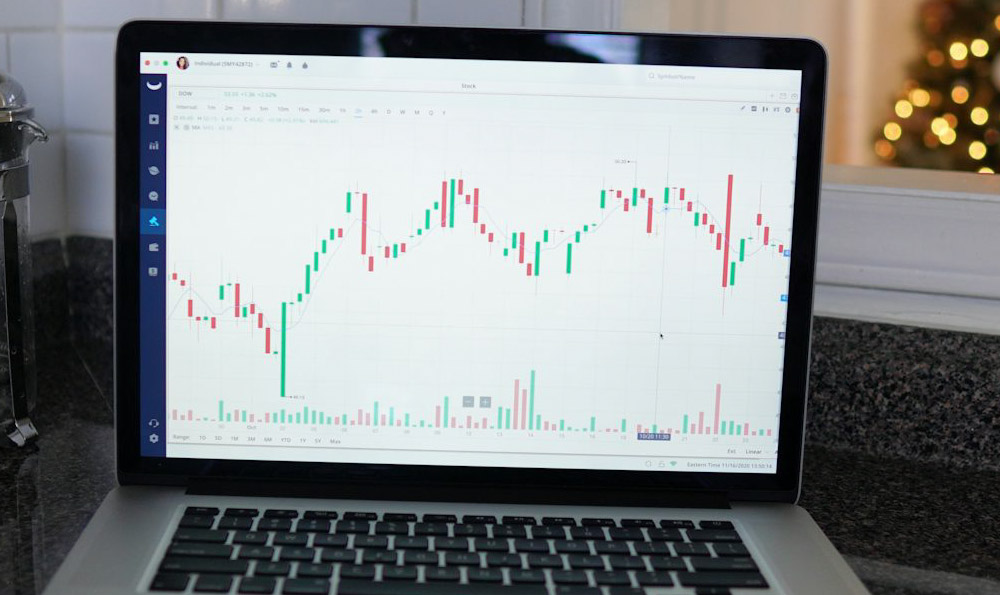Investing in pre-IPO companies, or companies that have not yet launched their Initial Public Offering, presents a unique opportunity to potentially realize significant returns. However, it also comes with a higher degree of risk compared to investing in publicly traded stocks. Understanding the dynamics of this investment landscape is crucial for anyone considering allocating capital to pre-IPO ventures.
Why invest in pre-IPO companies? The primary allure is the potential for outsized gains. If a company successfully goes public and experiences strong market demand for its shares, the early investors, who acquired their shares at a lower valuation, can see substantial appreciation in their investment. Consider the early investors in companies like Facebook, Google, or Amazon. Their initial investments yielded returns that are almost unimaginable today. This potential for explosive growth is the driving force behind the increasing interest in pre-IPO investing. Furthermore, access to pre-IPO shares often allows investors to participate in the growth story of innovative and disruptive companies from an early stage. They have the opportunity to be part of something groundbreaking, potentially supporting companies that are reshaping industries and redefining consumer behavior. This can be particularly appealing to investors who are passionate about specific sectors or technologies.
However, the road to potential riches is paved with significant challenges and risks. One of the most significant hurdles is illiquidity. Unlike publicly traded stocks that can be bought and sold easily on exchanges, pre-IPO shares are difficult to liquidate. There is no readily available market for these shares, meaning investors may be locked into their investment for an extended period, potentially several years or even longer. This lack of liquidity can be a major drawback, especially if investors require access to their capital for other purposes or if the company’s performance deteriorates. Another major concern is the risk of company failure. Not all pre-IPO companies succeed. Many startups and private companies fail to gain traction, run out of funding, or are acquired at a valuation that is lower than the initial investment. Investing in pre-IPO companies is essentially betting on the company’s future success, which is never guaranteed. Due diligence becomes even more critical than when investing in established public companies because information may be less transparent and readily available.

How can one invest in pre-IPO companies? Access to pre-IPO shares is typically limited to accredited investors – individuals or institutions that meet specific income and net worth requirements. This is because pre-IPO investments are considered high-risk and are not suitable for all investors. However, the landscape is slowly changing. Several online platforms have emerged that facilitate access to pre-IPO shares for a wider range of investors, although the minimum investment amounts can still be substantial.
One common route to pre-IPO investing is through venture capital funds or private equity firms. These firms specialize in investing in private companies and often have access to pre-IPO deals that are not available to individual investors. By investing in a venture capital fund, investors can gain exposure to a diversified portfolio of pre-IPO companies, mitigating some of the risk associated with investing in a single company. However, venture capital funds typically have high minimum investment requirements and lock-up periods, meaning investors may not be able to access their capital for several years. Another avenue is through participating in employee stock option plans (ESOPs) if one works for a late-stage private company. This can provide a direct and potentially lucrative opportunity to own pre-IPO shares, albeit with its own set of tax implications and potential restrictions.
Thorough due diligence is paramount before investing in any pre-IPO company. This includes scrutinizing the company’s business model, financial performance, management team, competitive landscape, and growth prospects. Understanding the company's industry, its target market, and its ability to execute its business plan is essential. Investors should also carefully review the company's financials, including its revenue, expenses, and cash flow. It's important to assess the company's burn rate – the rate at which it is spending its cash reserves – and its runway – the amount of time it has before it needs to raise additional funding. A strong management team with a proven track record is a critical indicator of a company's potential for success. Investors should research the backgrounds and experience of the key executives and assess their ability to navigate the challenges of growing a business. Furthermore, understanding the competitive landscape is crucial. Investors should identify the company's main competitors and assess its competitive advantages. A company with a strong moat – a sustainable competitive advantage that protects it from competition – is more likely to succeed in the long run.
Finally, investors need to be realistic about the potential risks and returns of pre-IPO investing. It is important to diversify one's investment portfolio and not allocate too much capital to any single pre-IPO company. Pre-IPO investing should be considered a long-term investment, and investors should be prepared to hold their shares for several years. It's vital to remember that a significant portion of pre-IPO companies may not succeed, and investors should be prepared to lose their entire investment. Given the inherent risks, pre-IPO investments should only constitute a small portion of a well-diversified portfolio and should only be undertaken by investors who have a high risk tolerance and a long-term investment horizon. Professional financial advice is strongly recommended before making any decisions regarding pre-IPO investments. A qualified advisor can help assess one's risk tolerance, investment goals, and financial situation and provide tailored recommendations. They can also assist in evaluating the merits of specific pre-IPO opportunities and help navigate the complexities of the pre-IPO market.












